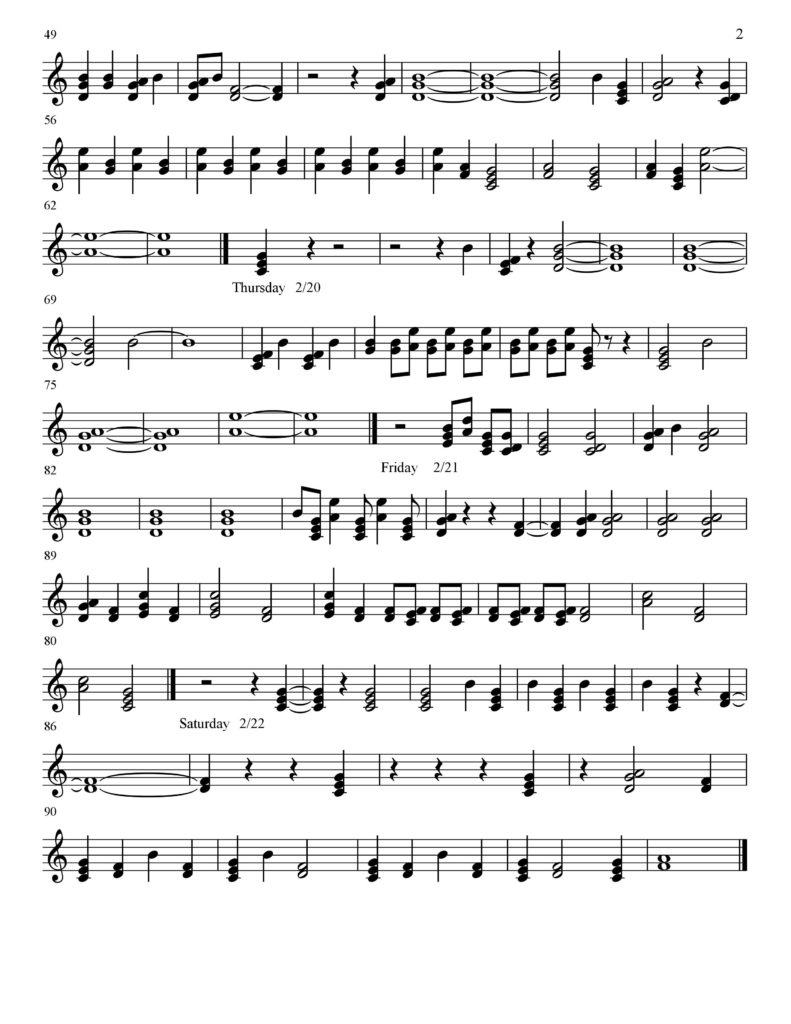We’ve become more and more fixated on the aspect of social media we find most personally pernicious: the time-sink, the way an infinite scroll can lead to two hours down the drain with nothing to show for it but that ate-too-much-movie-popcorn feeling.
Simultaneously, Alex has been dealing with some sleep issues over the past month or two (and would guess a lot of people have)! In pursuit of non-pharmacological treatment, Alex has found that creating a little bedtime routine that encompasses small accomplishments has gotten her out of the rut of scrolling through Twitter until it’s an hour past when she meant to fall asleep. Instead, almost every night, she uses Duolingo for about 20 minutes and then spends ___ minutes doing the next day’s New York Times crossword puzzle. The little jingle it plays when the puzzle is completed has started to have a Pavlovian effect, making her feel like it’s time for sleep.
Although it’s nice to see a puzzle archive, and the Duolingo is at least in theory having some kind of effect on her Spanish skills (tal vez?), Alex has been thinking a lot over the past few weeks that she should start doing some daily writing. Meanwhile, Val has been a dedicated journaler for over a decade.
With that in mind, we propose creating a simple bullet-journaling app designed to be used at bedtime, which presents users with a prompt (What did you do today? What did you see, hear, feel and think about? Who did you talk to?) and a 10-minute timer for free-writing. Similar to Duolingo and the crossword app, it could gamify regular use, with gold stars on an archive calendar or something like that — but, and this part is really important, it wouldn’t reward extended use in any particular way.
We’d like it if there were some kind of community aspect to the journaling — like LiveJournal! — but we want to keep the emphasis on short, meaningful interaction with the app instead of endless, mindless scrolling. So we propose that after a user completes her day’s entry, she can see two more: one from a friend, and one from a random user somewhere else in the world. (Of course, the option to make posts private will be available.) Then that’s it: Time for bed.
Because the idea is to create a personal archive, users can go back and read their own entries any time they like, and even export them as a text file, but they can’t read previous entries by anyone else, to keep a sense of ephemerality about the whole business.
One slight snag we’re anticipating is that maybe the sense of quiet reflection the app inspires wouldn’t outweigh the blue-light exposure, sleep-wise. If anyone has feedback to address that issue, we’re all ears.
— Alex, Val and Romy

